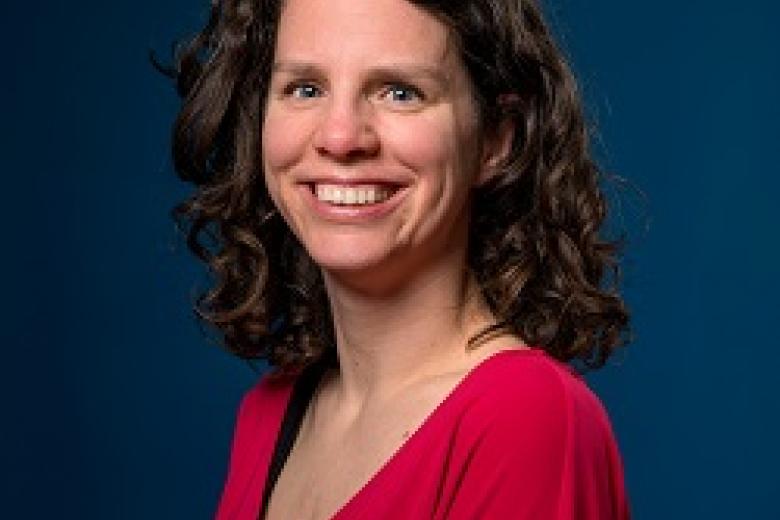New football rule tested during MVV Maastricht youth football tournament
On Thursday 1 and Friday 2 June, football club MVV Maastricht will organise the Maastricht United Gamin Cup, a youth tournament for the U19 category (A-youth) that applies the so-called ‘Catch-Up Rule’. This rule switches the order in which the penalties are taken, thus reducing the element of chance. That makes penalty shootouts fairer. This youth tournament enables the researchers behind the Catch-Up Rule as well as the football world to test the proposed new rule. A positive result might lead to a wide introduction of the Catch-Up Rule in international football. Researchers Mehmet Ismail of Maastricht University and Prof. Dr. Steven Brams of New York University are very pleased with MVV Maastricht’s offer to test the new rule in practice.
Fairer
Penalty shootouts in football could be made fairer by switching the order in which the penalties are taken, according to researchers Mehmet Ismail and Brams. Under the Standard Rule, a coin toss determines which team kicks first on all five penalties, giving a substantial advantage – both in theory and practice – to the team that goes first. In major tournaments between 1970 and 2013, the team that kicked first won the penalty shootout 60.6% of the time. The Catch-Up Rule reduces this bias to around 51%, making the contest essentially even. The new rule calls for the following: if both teams either score or miss in a given round, then the order is swapped in the next round. But if one team misses and the other scores, the team that missed gets to go first in the following round.
Psychological disadvantage
The disadvantage caused by the Standard Rule is mainly a psychological one. “When coaches and players were asked in a survey whether they would choose to go first or second if they won the coin toss, more than 90% said they would go first. When asked for the rationale behind their choice, most said they wanted to put psychological pressure on their opponent”, Ismail explains. “Clearly, there’s a strong perceived advantage of shooting first, and this also plays out in reality.” Brams and Ismail see little reason to continue using the Standard Rule. “We believe the Catch-up Rule is practical and easy to implement. It is great that we can now pilot the rule in this MVV Maastricht youth tournament. It is also important to see how spectators react”, says Ismail.
Game theory
To create the Catch-Up Rule, Ismail and Brams used ideas from fair division and game theory. In game theory, a game is defined by the totality of the rules that describe it. In almost all competitive sports, the rules allow for some element of chance, such as who gets to move first. Fair division deals with the fairness of these rules according to certain predetermined criteria. According to Ismail, the inspiration for the new method came from Brams’ numerous works and experience in these fields.
The paper ‘Making the rules of sports fairer’ can be downloaded here.
Mehmet Ismail is a PhD student at Maastricht University’s Department of Economics. His main research interests lie in the areas of economics and applied mathematics. On 8 June he will defend his dissertation at the UM School of Business & Economics.
Steven Brams is Professor of Politics at the Department of Politics, New York University. He specialises in research on game theory, fair division, voting and elections, and international politics.
Also read
-
PhD research shows impact of aggression on staff and patients in forensic care
Nienke Verstegen, researcher at De Forensische Zorgspecialisten, has conducted research on aggression within forensic care and its impact on patients and staff. On July 6, 2023, she will receive her PhD from Maastricht University with her dissertation ' Hurt people hurt people. Characteristics and...
-
No evidence of brain damage caused by severe COVID-19
Patients admitted to hospital due to a severe COVID-19 infection exhibit no evidence of brain damage caused by the disease. This is the conclusion of an extensive study led by Maastricht University.
-
Cold shivers?
Due to the Western lifestyle with a high fat diet combined with little exercise, more and more people in the Netherlands are overweight or even obese. This causes an increased risk of type II diabetes. What can be done about this besides a healthier lifestyle? The answer comes from an unexpected source...